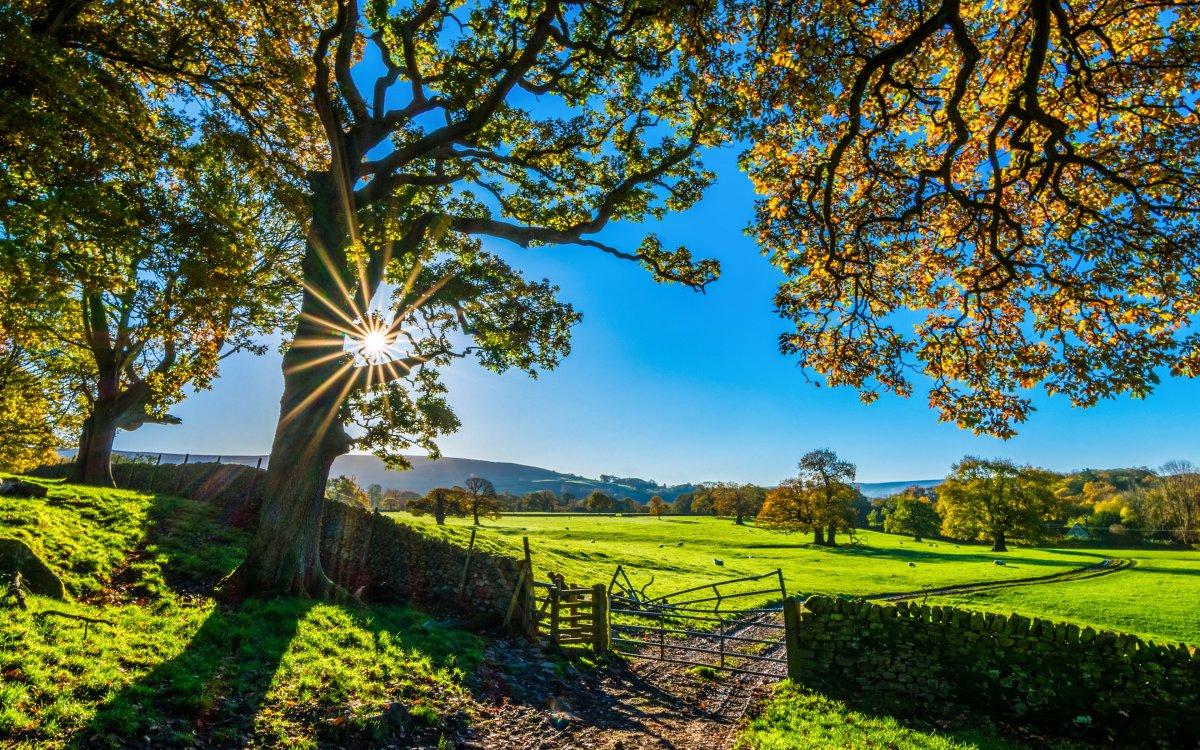The Importance of Aboriginal Cultural Heritage Sensitivity: A Guide for Businesses and Organizations
Indigenous peoples of the world have faced a history of systemic oppression, colonization, and cultural erasure. In Canada, one way this has manifested is through forcibly removing Indigenous children from their families and placing them in residential schools meant to assimilate them into Western culture. The impact of such policies is still felt, and it is essential for businesses and organizations to understand and respect the cultural heritage of Indigenous peoples. In this article, we will explore some of the reasons why Aboriginal cultural heritage sensitivity is vital.
Understanding the Importance of Indigenous Cultural Heritage Sensitivity
Firstly, a critical reason why businesses and organizations should be sensitive to Indigenous cultural heritage is that it demonstrates an understanding of their unique and valuable contributions to society. Indigenous peoples have a deep connection to the land, and their traditions, customs, and beliefs often reflect this. Indigenous peoples also have a rich history of knowledge systems, such as traditional medicines and ecological practices. By respecting their cultural heritage, we acknowledge and honor their contributions to society.
Secondly, businesses and organizations that ignore or disrespect Indigenous cultural heritage risk alienating Indigenous customers, partners, and employees. Indigenous peoples are often minority groups, and they have a right to be treated respectfully and equitably. When businesses and organizations fail to understand or respect Indigenous cultures, they run the risk of being seen as insensitive and dismissive. This can lead to a loss of business or a damaged reputation.
Thirdly, it is crucial to recognize that Indigenous cultural heritage sensitivity is not only the right thing to do; it is also necessary for legal and regulatory compliance. In Canada, the Truth and Reconciliation Commission of Canada has identified several Calls to Action requiring businesses and organizations to incorporate Indigenous cultural heritage sensitivity into their practices. Additionally, legislation such as the United Nations Declaration on the Rights of Indigenous Peoples requires that Indigenous peoples be involved in decision-making that affects their land, resources, and cultural heritage.
How to Practice Aboriginal Cultural Heritage Sensitivity
One of the most important ways to practice Aboriginal cultural heritage sensitivity in business and organizational settings is by involving Indigenous peoples in decision-making processes. This can include consulting Indigenous communities before making decisions that may affect them, seeking out Indigenous partners or suppliers, and implementing policies that support Indigenous peoples.
Another way to practice Aboriginal cultural heritage sensitivity is to educate oneself and one’s colleagues about the history and culture of Indigenous peoples. This can include reading books by Indigenous authors, attending Indigenous events, and participating in Indigenous cultural activities.
Lastly, it is important to acknowledge and respect Indigenous peoples’ land and ancestral territories. This can include learning about the history of the land on which your business or organization operates, acknowledging the Indigenous peoples who inhabited the land before colonization, and using land acknowledgments in professional settings.
Conclusion
In conclusion, understanding and respecting Indigenous cultural heritage is not just a social responsibility; it is also necessary for businesses and organizations to maintain their reputations, comply with legal and regulatory requirements, and recognize the unique and valuable contributions of Indigenous peoples to society. By involving Indigenous peoples in decision-making processes, educating oneself and one’s colleagues, and acknowledging Indigenous land and ancestral territories, businesses and organizations can demonstrate a commitment to Aboriginal cultural heritage sensitivity.
(Note: Do you have knowledge or insights to share? Unlock new opportunities and expand your reach by joining our authors team. Click Registration to join us and share your expertise with our readers.)
Speech tips:
Please note that any statements involving politics will not be approved.
